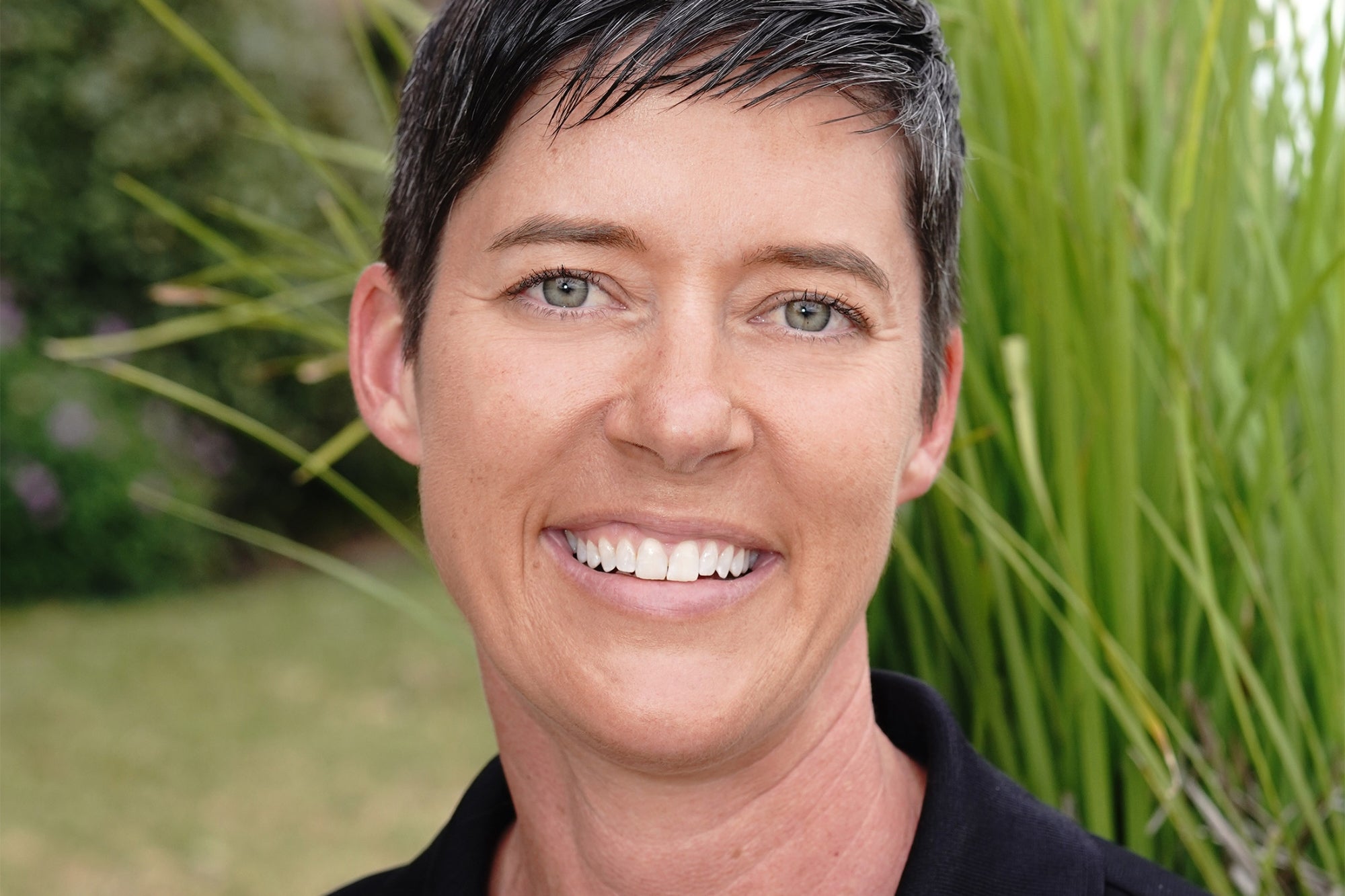Opinions expressed by Entrepreneur contributors are their own.
As a consultant, chaos was a problem I had to solve. As a founder, it’s the air I breathe.
I entered the startup world armed with what I thought was the ultimate toolkit: a consulting background. Years of strategy decks, stakeholder management and cross-functional collaboration taught me how to turn chaos into structure and solve problems fast. I thought I had seen it all.
But I quickly realized that the transition from consultant to founder wasn’t so much a pivot — it was a free fall. See, consultants and founders couldn’t be more different. Consultants are trained to be perfect, founders need to be scrappy. Consultants are trained to eliminate chaos, founders need to thrive in it. Consultants have a safety net, founders don’t.
Related: Are You Ready to Be a CEO, a Founder or Both? Here’s How to Know
Let’s dive right in.
This is what consulting did prepare me for:
- Finding structure in chaos: I am stating the obvious here, but it is essential for founders to be able to execute on their vision; and to do that effectively, founders need structure. Something as simple as creating an organized folder structure — which coincidentally was my first task as an associate — can go so far as securing your term sheet with investors when they ask for the data room during the due diligence process. Being due diligence-ready isn’t just about having your documents in order; it’s about demonstrating transparency and building confidence with potential investors.
- Thinking on the spot: As a founder, it feels like you’re in the middle of the ocean and you need to swim your way back to shore. Consulting prepared me for that. I remember being chucked into remote environments to explain technical workflows to non-technical people — in my third language nonetheless. Thinking fast and adapting your message to whoever’s in front of you isn’t just useful — it’s how you create openings. It’s how you pitch before your product is ready. It’s how you get a meeting before there’s anything to show.
- Burning the midnight oil: Let’s be real, consultants — at least, the good ones — are machines and can be extremely productive. Founders are part of a world where being busy includes attending a lot of conferences, exhibitions and the post-event functions that come with them. Consultants can rarely afford such luxuries. Crunchtime is real and forces them to converge their efforts on work. Knowing when to lock in and say no is crucial as a founder.
This is what consulting did not prepare me for:
- Building and failing fast: Most founders and visionaries fall into the fallacy of building an end-to-end super solution that promises to be the holy grail of their customers — myself included. Enter the pivots. Your startup does not succeed when it builds out your vision — that is often just a very expensive dream. It succeeds when you find out what your customers are willing to pay for as quickly as possible. As Eric Ries puts it in The Lean Startup, the key is learning what customers actually want – not what you think they should want.
- Storytelling as an art: In my first days as a founder, I walked into a potential client’s office long before I had a product or even a live website. I took the consulting route and brought a strategy deck with me. I got destroyed that meeting. Off the bat, it sounds like a mistake — but it was the best decision I could have made. I took note of the feedback and acted on them immediately. Get out there, pitch your idea and ask for feedback! Feedback helps you figure out what sticks, what doesn’t and how to sharpen your message until it cuts through.
- Learning how to network: I did more networking in my first year as a founder than I did during my eight years as a consultant. Let that sink in. I thought I was networking as a consultant, but I was really just moving within the same orbit. As a founder, the galaxy is yours to explore. From day one, you find yourself networking with fellow founders from all walks of life, angel investors, venture capitals, tech builders, community leads — you name it. And the best part is, they don’t care about your CV. They care about your energy, passion and convinction. A study by Queen Mary University of London found that the quality of a startup’s network significantly impacts its chances of success, often more so than initial funding or team size.
Related: Are You Thinking Like a Founder? 4 Principles Every Successful Team Should Follow
In the end, the transition from consultant to founder was less about applying what I knew and more about unlearning what I thought I knew. And if you’re willing to unlearn, embrace different perspectives, take constructive criticism, to be honest with yourself and to move fast without all the answers — you will find yourself growing in ways no corporate job could ever offer.
As a consultant, chaos was a problem I had to solve. As a founder, it’s the air I breathe.
I entered the startup world armed with what I thought was the ultimate toolkit: a consulting background. Years of strategy decks, stakeholder management and cross-functional collaboration taught me how to turn chaos into structure and solve problems fast. I thought I had seen it all.
But I quickly realized that the transition from consultant to founder wasn’t so much a pivot — it was a free fall. See, consultants and founders couldn’t be more different. Consultants are trained to be perfect, founders need to be scrappy. Consultants are trained to eliminate chaos, founders need to thrive in it. Consultants have a safety net, founders don’t.
The rest of this article is locked.
Join Entrepreneur+ today for access.


